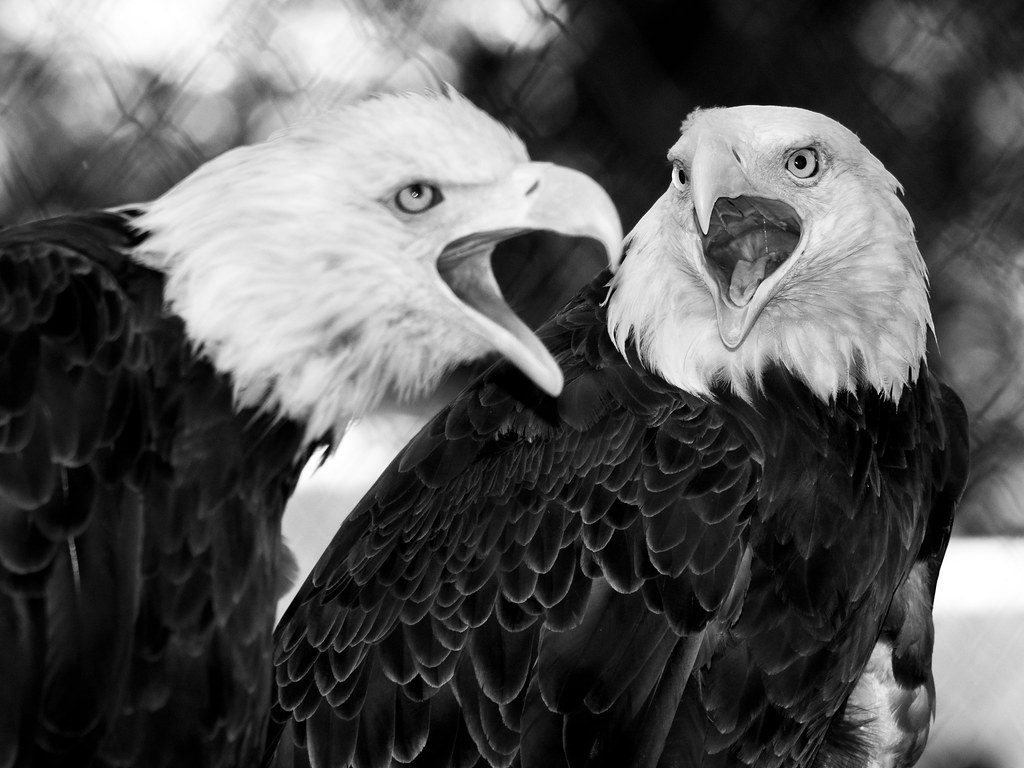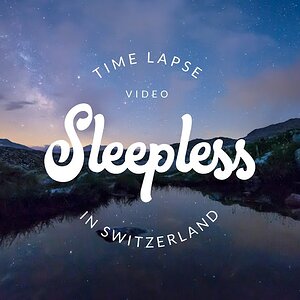Goldcoin79
TPF Noob!
- Joined
- May 23, 2012
- Messages
- 152
- Reaction score
- 2
- Location
- Uk, Hemel Hempstead
- Can others edit my Photos
- Photos OK to edit
As the mirrorless cameras seem to be getting pretty good reports now, can any of you give me the pro's and con's of mirrorless vs DSLR's.
thanks
thanks







![[No title]](/data/xfmg/thumbnail/41/41892-d6f91fd1c816420825658ffaad56df78.jpg?1734176245)



![[No title]](/data/xfmg/thumbnail/41/41890-a5975e67f00dd9340fcf9dba8728a762.jpg?1734176243)

